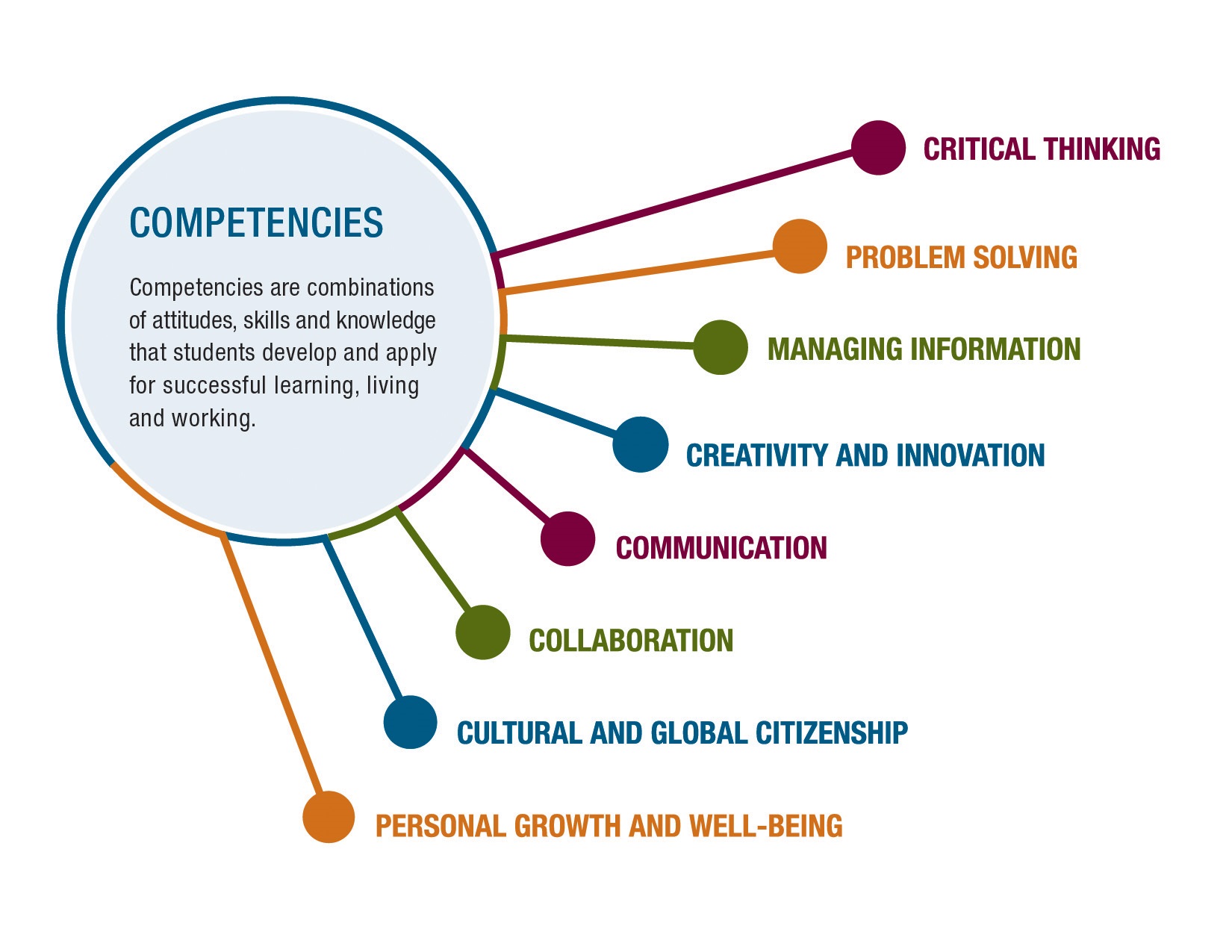Is there potential for students to engage in assessment of their own competencies?
To answer the question simple, yes. If students are able to recognize their progress of curricular knowledge based outcomes, they are also able to recognize how well they are applying their skills. The challenge in regards of the self-assessment of skills is the variety of perspectives of what successful application of skills looks like. To go further, does successful application of a competency like information management look the same to all students.
When analyzing effective use of skills there is more of a range in what successful application looks like. First of all, this is a good problem to have because it opens the door to creativity and different forms presenting and/or communicating information. This openness for applying skills is what creates opportunities for innovation. Unlike a concept where there is right and wrong or better and best, there is absolutely room for diversity and creativity in how students apply that knowledge.
Reflecting on how to establish expectations and measurements of success, perhaps it is more important to recognize what ineffective application looks like. Students may be better able to recognize shortfalls of what they see. For example, students may have observed a performance that did not meet their standards. Instead of criticizing, it would be important to determine what was missing and how could it be improved.
I do believe that with appropriate guidance students have the potential to recognize the difference between effective and ineffective application of skills. The best way to allow students to develop this ability to self-assess these competencies is to experience it. While students may have life experiences to grow their skills, it is also important to give all students the opportunity to practice and reflect on their skills in schools through projects and real world experiences.







